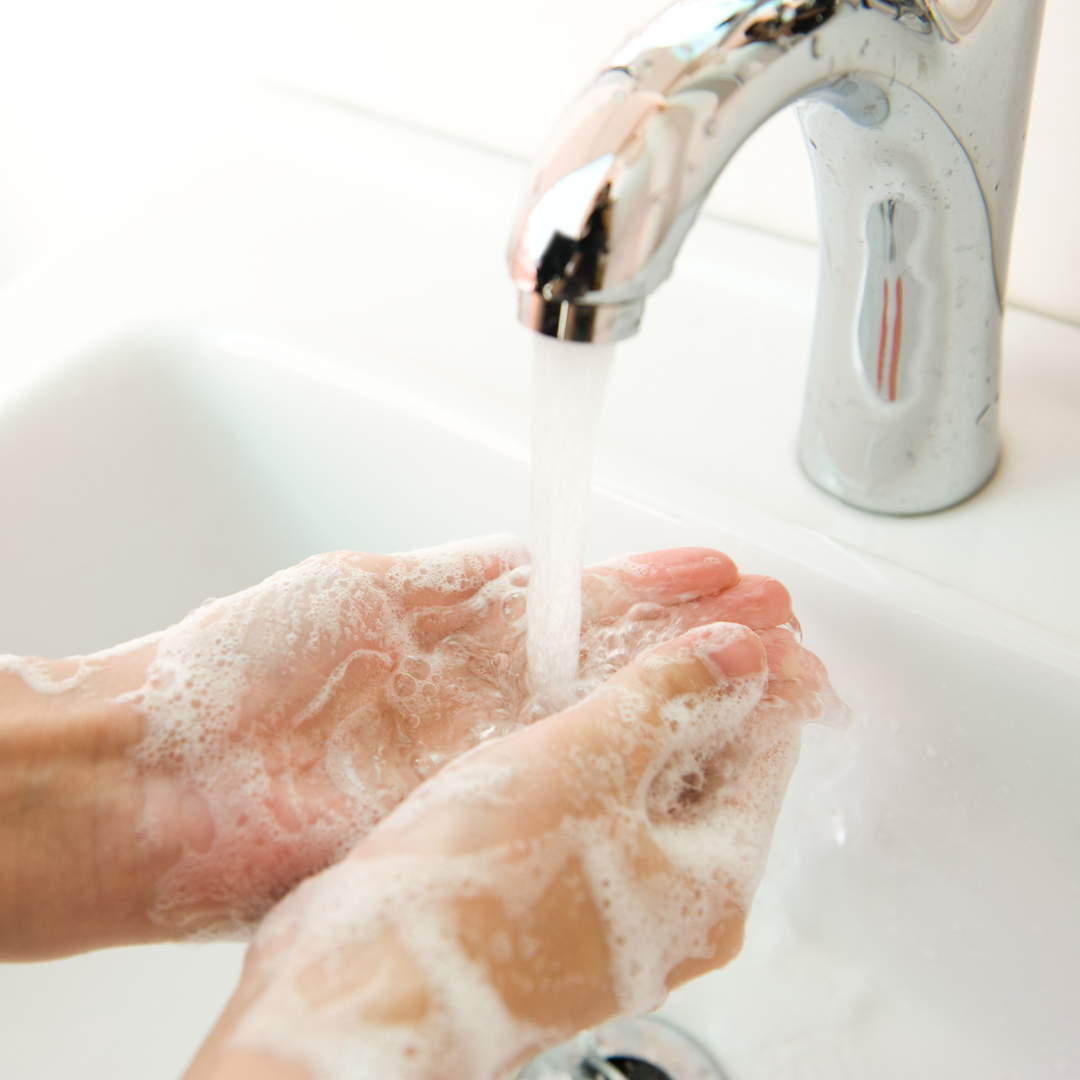
The Balance Between Clean Hands and a Healthy Gut: Too much of a good thing?
Ever since the COVID-19 pandemic, hand hygiene has taken center stage in our daily lives. Frequent hand washing and the use of hand sanitizers have become essential practices to prevent the spread of the virus. While these measures are crucial for public health, they can also have unintended consequences on our gut health. In this article, we will explore the impact of excessive hand washing and hand sanitizer use on the gut microbiome and provide tips for maintaining a healthy balance.
The Gut Microbiome: A Complex Ecosystem
The gut microbiome is a diverse community of trillions of microorganisms, including bacteria, viruses, fungi, and more, that inhabit our digestive tract. These microorganisms play a vital role in digestion, nutrient absorption, immune system regulation, and even mood. Maintaining a balanced and diverse gut microbiome is essential for overall health.
The Impact of Excessive Hand Washing
Reduced Microbial Exposure: Frequent hand washing with soap and water, especially when done excessively, can strip away not only harmful pathogens but also beneficial bacteria on your skin. This reduction in microbial exposure can affect the diversity of your skin microbiome, potentially making it less resilient to infections and environmental stressors.
Disruption of Skin Barrier: Excessive hand washing can lead to dry and cracked skin. These small fissures in the skin can provide entry points for harmful microorganisms, increasing the risk of skin infections.
The Impact of Hand Sanitizers
Alcohol-Based Hand Sanitizers: Alcohol-based hand sanitizers are effective at killing a wide range of bacteria and viruses. However, they can also strip away the skin's natural oils and disrupt the skin's microbiome, leaving it more vulnerable to pathogens.
Triclosan and Other Additives: Some hand sanitizers contain additives like triclosan, which have been shown to have adverse effects on the gut microbiome when absorbed through the skin. Triclosan can disrupt the balance of gut bacteria and potentially contribute to antibiotic resistance.
Maintaining a Healthy Balance
Use Hand Sanitizer Sparingly: Reserve the use of hand sanitizers for situations where soap and water are not readily available. When using hand sanitizers, choose those with lower alcohol content and fewer additives whenever possible.
Opt for Mild Soaps: When washing your hands, choose mild, fragrance-free soaps that are less likely to strip away the skin's natural oils and disrupt the skin microbiome.
Moisturize: After washing your hands, apply a moisturizer to help replenish the skin's natural barrier. This can prevent dryness and minimize the risk of skin infections.
Probiotic-Rich Foods: Incorporate probiotic-rich foods like yogurt, kefir, sauerkraut, kimchi and Vitaminis Gut Health into your diet. These foods can help support a healthy gut microbiome.
Prebiotics: Consume prebiotic (fiber) foods such as garlic, onions, leeks, and asparagus. Prebiotics provide nourishment for beneficial gut bacteria. Vitaminis Gut Health gives you 5 grams of fiber in each bottle.
Diverse Diet: Eat a diverse range of fruits, vegetables, and whole grains to promote a diverse gut microbiome.
Stay Hydrated: Drinking enough water is essential for maintaining healthy skin and gut function.
Conclusion
Maintaining good hand hygiene is essential for preventing the spread of infections, especially in the face of a global pandemic. However, it's equally important to strike a balance between cleanliness and the health of your gut microbiome. Excessive hand washing and hand sanitizer use can disrupt the skin microbiome and potentially impact the gut microbiome indirectly. By using these hygiene measures thoughtfully and taking steps to support your skin and gut health, you can strike the right balance between cleanliness and overall well-being. Remember that a healthy gut microbiome is not just essential for digestion but also for a robust immune system and overall health. Vitaminis is here to keep it easy and tasty!
